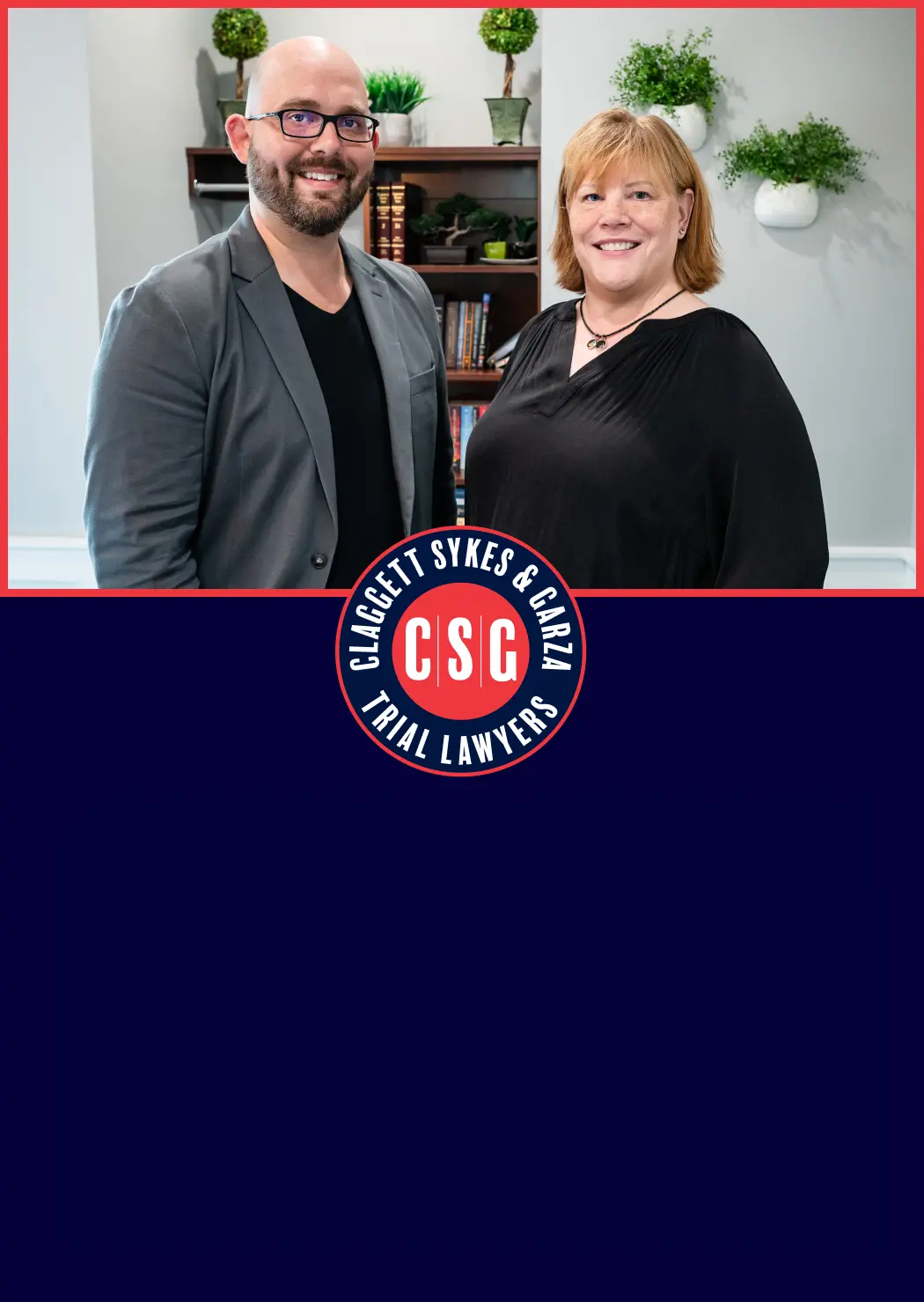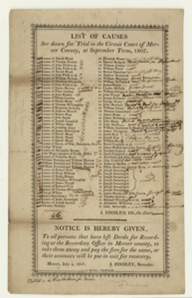All visitors to public or private property in Glastonbury and throughout Connecticut have the right to expect reasonable safety from harm. This can include protection from temporary hazards like ice on sidewalks or spills in aisles, as well as from structural hazards or even criminal activity.
The area of law known as premises liability determines when a landowner is responsible for an injury that happens on their property. This legal concept examines both the steps taken by a landowner to provide protection and a visitor’s motivation for being on the land.
A Glastonbury premises liability lawyer could help injured visitors understand their rights under Connecticut law. Following that, your personal injury attorney could work with you to demand compensation from negligent landowners for your injuries. In English.
What are the Glastonbury Laws Concerning Property Owner Obligations?
Connecticut law separates property visitors into three categories, each of which has its own definition and expected rights. In short, it is a combination of a landowner’s permission to enter the land and the visitor’s motivation for doing so that determines the category said visitor falls into.
A Glastonbury premises liability attorney could help injured visitors to understand their categorization and associated rights under the law. They could also work to ensure that a valid claim adheres to the appropriate statute of limitations. According to Connecticut General Statutes §52-584, plaintiffs have only two years from the date of injury to pursue a claim.
Trespassers
Under premises liability law, trespassers are people who enter land without the owner’s consent or who overstay their welcome. The landowner must not intentionally harm a trespasser or lay a trap, but otherwise, there is no duty on the part of the landowner to provide safe premises. As a result, trespassers rarely succeed in suits alleging premises liability.
Licensees
Licensees are any people who enter land with the owner’s permission. The landowner has a duty to warn a licensee of any non-obvious hazard that they know about. Further, the landowner must take reasonable steps to maintain the overall safety of their property.
Invitees
Just like licensees, invitees are given permission to enter land. However, invitees enter the land specifically for the profit of the owner, with customers in retail stores being a prime example. Property owners here have a duty to patrol their land and to be aware of any hazardous condition that may jeopardize visitor safety.

Injured in an Accident?
Get the Compensation You Deserve. Our Experienced Lawyers Can Help.
What Are Some Common Examples of Premises Liability Cases?
Most people think of slips, trips, and falls when thinking of injuries that happen on another’s property. However, temporary hazards such as spills, icy walkways, and standing water are not the only property defects that a premises liability attorney in Glastonbury could help a plaintiff file suit for.
Another category of premises liability claim addresses accidents that result from structural defects. Issues such as broken stairs, poor lighting, or even a lack of fire detectors often cause injuries to unsuspecting visitors, or to residents in apartment buildings and other rented dwellings.
In addition, landowners may be responsible for any criminal activity that happens on their property. If a crime occurs where the criminal is emboldened by a lack of security personnel, an absence of security cameras, or even broken or missing locks, the landowner may share liability for any injury that results.
Speak with a Glastonbury Premises Liability Attorney Today
Injuries that happen while visiting another person’s land can lead to complex legal cases. Any claim for compensation must both examine the steps taken by the landowner to prevent injury to visitors and evaluate the visitor’s status under premises liability laws. Depending on this classification, a claim for damages may take many forms.
A Glastonbury premises liability lawyer could help you pursue at-fault property owners for damages in the event you suffer an injury on their property. Call today to learn more about how you could potentially recover payments for outstanding medical bills, lost earnings, loss of quality of life, and more.

